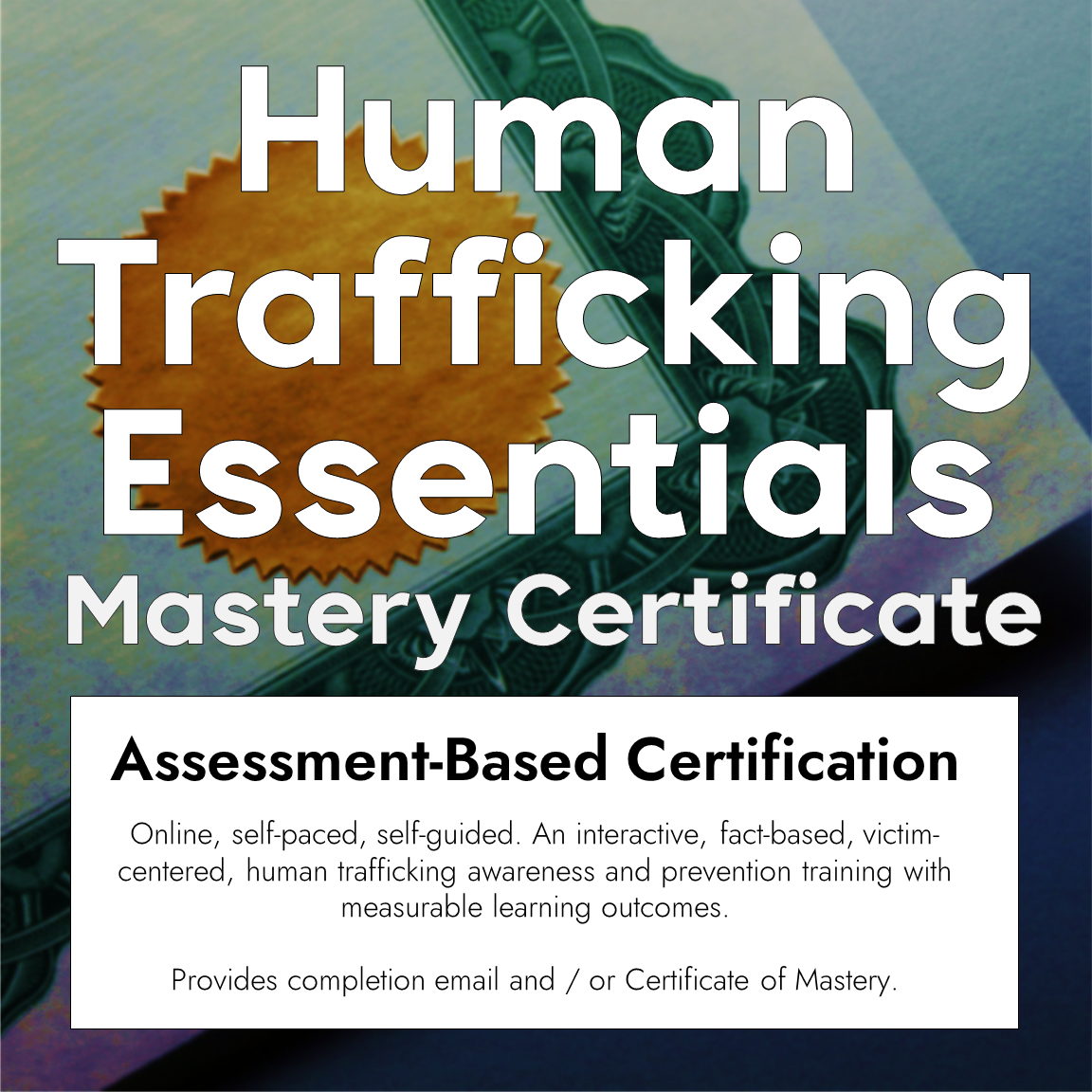FinCEN Issues Alert on Prevalent Virtual Currency Investment Scam Commonly Known as “Pig Butchering”
WASHINGTON—Today, the Financial Crimes Enforcement Network (FinCEN) issued an alert to highlight a prominent virtual currency investment scam known as “pig butchering.” Multiple U.S. law enforcement sources estimate victims in the United States have lost billions of dollars to these scams and other virtual currency investment frauds.
“This scam has impacted far too many Americans, which is why FinCEN is sounding the alarm and asking financial institutions to report suspicious activity indicative of this scheme,” said Acting Director Himamauli Das. “Suspicious Activity Reports filed by financial institutions will enable law enforcement to both aid victims and track down the perpetrators.”
“Pig butchering” scams resemble the practice of fattening a hog before slaughter. Victims invest in supposedly legitimate virtual currency investment opportunities before they are conned out of their money. Scammers refer to victims as “pigs,” and may leverage fictitious identities, the guise of potential relationships, and elaborate storylines to “fatten up” the victim into believing they are in trusted partnerships before they defraud the victims of their assets—the “butchering.” These scams are largely perpetrated by criminal enterprises based in Southeast Asia who use victims of labor trafficking to conduct outreach to millions of unsuspecting individuals around the world.
FinCEN's alert explains the scam's methodology; provides behavioral, financial, and technical red flags to help financial institutions identify and report related suspicious activity; and reminds financial institutions of their reporting requirements under the Bank Secrecy Act.
###
This “Eyes on Trafficking” story is reprinted from its original online location.
Fair Use Notice: The PBJ Learning Knowledge Vault is dedicated to advancing understanding of various social justice issues, including human trafficking and related topics. Some of the material presented on this website may contain copyrighted material, the use of which has not always been specifically authorized by the copyright owner. We are making such material available in our efforts to promote education and awareness of these important issues. There is no other central database we are aware of, so we put this together for both historical and research purposes. Articles are categorized and tagged for ease of use. We believe that this constitutes a ‘fair use' of any such copyrighted material as provided for in section 107 of the US Copyright Law. In accordance with Title 17 U.S.C. Section 107, the material on this site is distributed without profit to those who have expressed a prior interest in receiving the included information for research and educational purposes. For more information on fair use, please visit: “17 U.S. Code § 107 – Limitations on exclusive rights” on Cornell Law School's Legal Information Institute.

ABOUT PBJ LEARNING
PBJ Learning is a leading provider of online human trafficking training, focusing on awareness and prevention education. Their interactive Human Trafficking Essentials online course is used worldwide to educate professionals and individuals how to recognize human trafficking and how to respond to potential victims. Learn on any web browser (even your mobile phone) at any time.
More stories like this can be found in your PBJ Learning Knowledge Vault.
EYES ON TRAFFICKING
This “Eyes on Trafficking” story is reprinted from its original online location.
ABOUT PBJ LEARNING
PBJ Learning is a leading provider of online human trafficking training, focusing on awareness and prevention education. Their interactive Human Trafficking Essentials online course is used worldwide to educate professionals and individuals how to recognize human trafficking and how to respond to potential victims. Learn on any web browser (even your mobile phone) at any time.
More stories like this can be found in your PBJ Learning Knowledge Vault.

